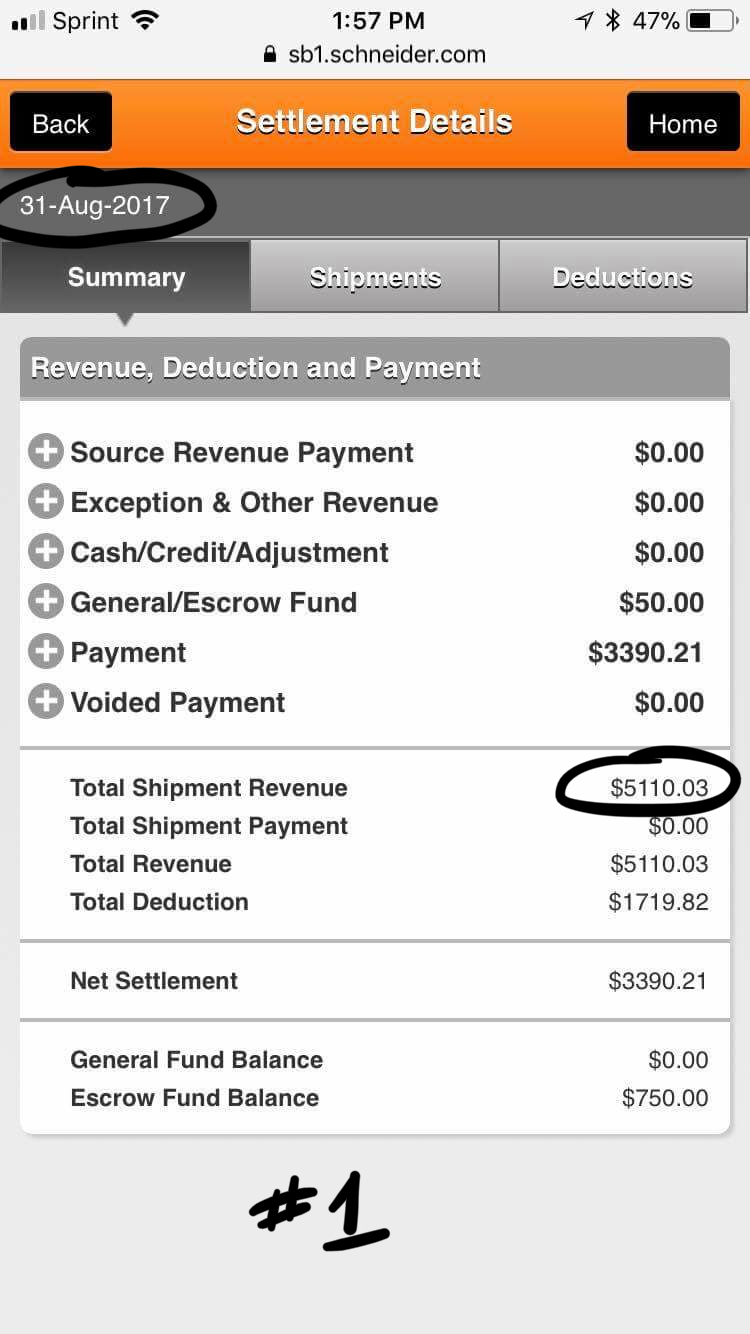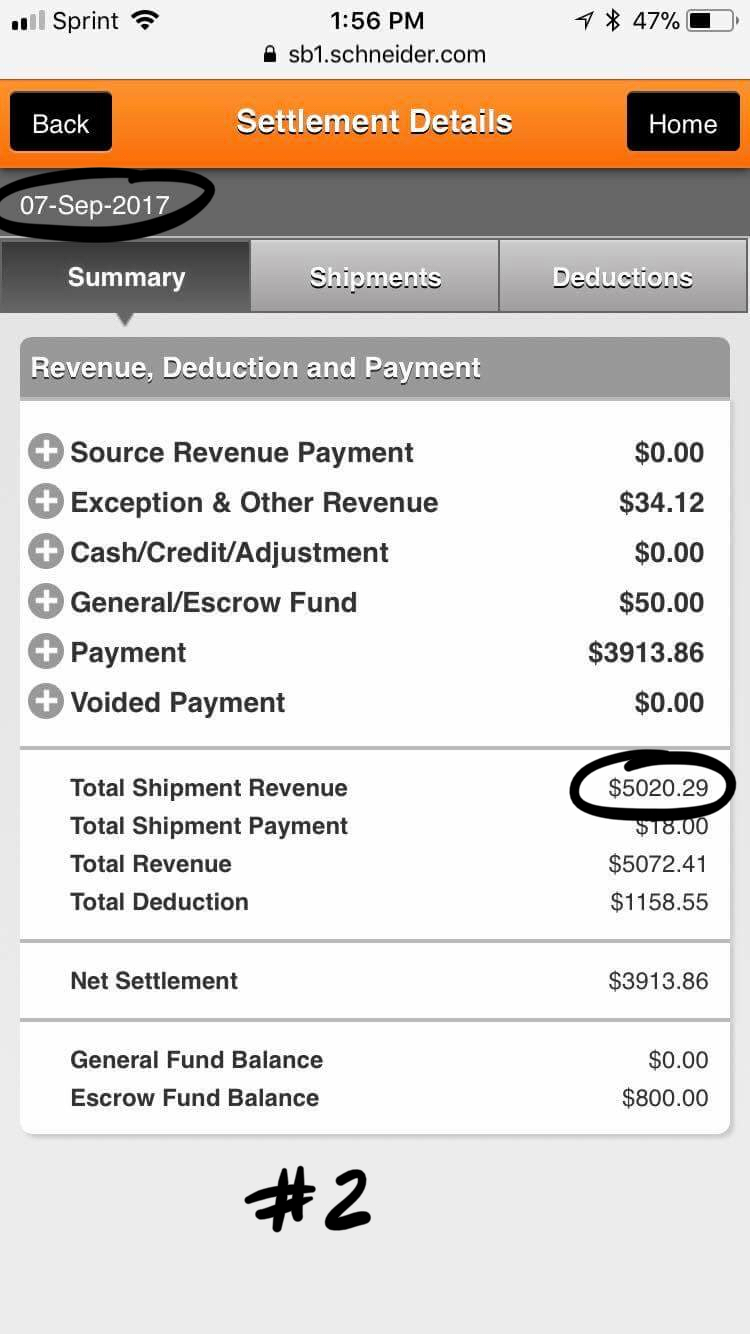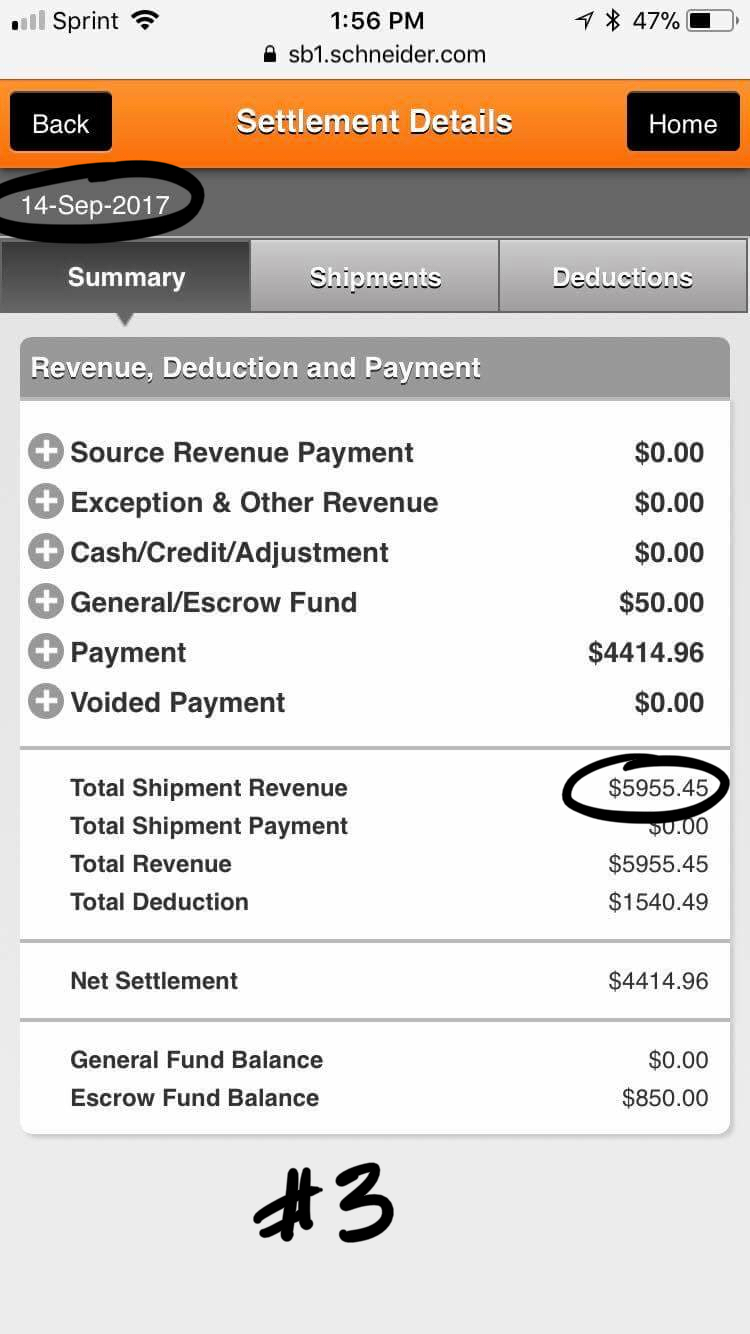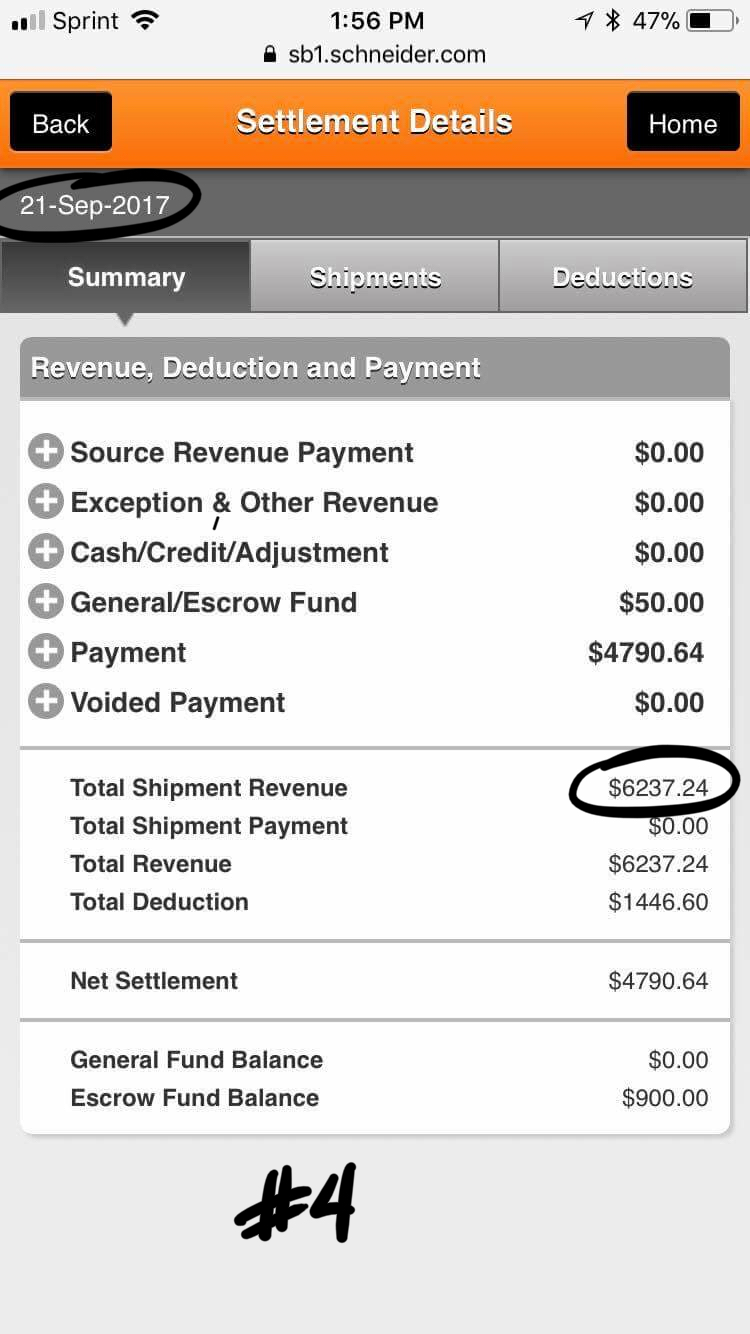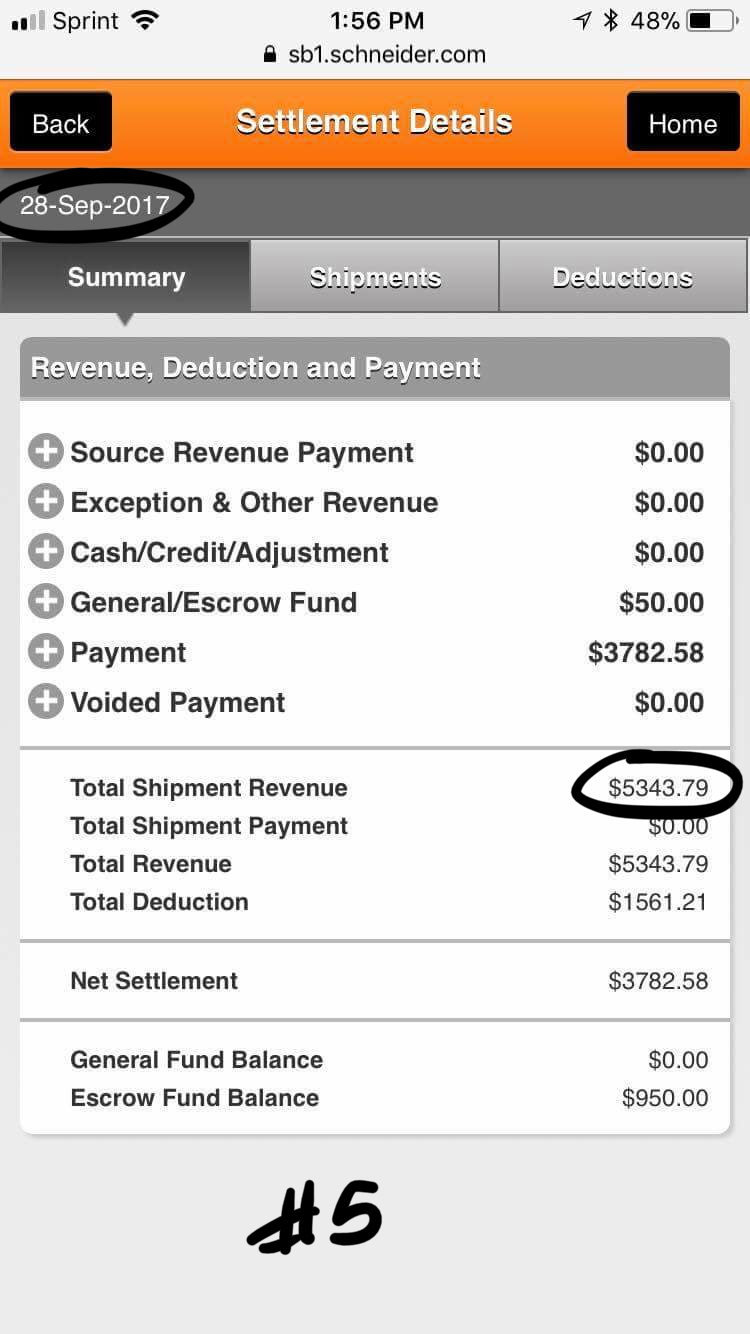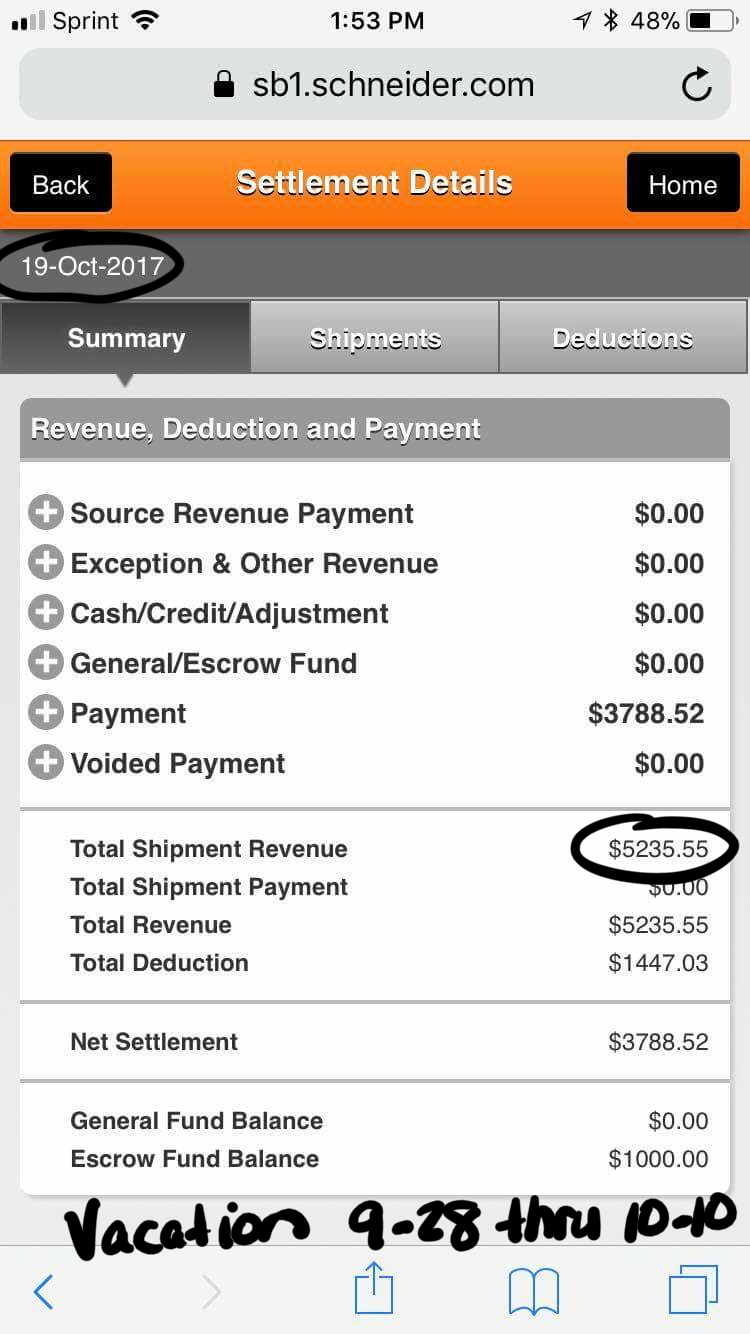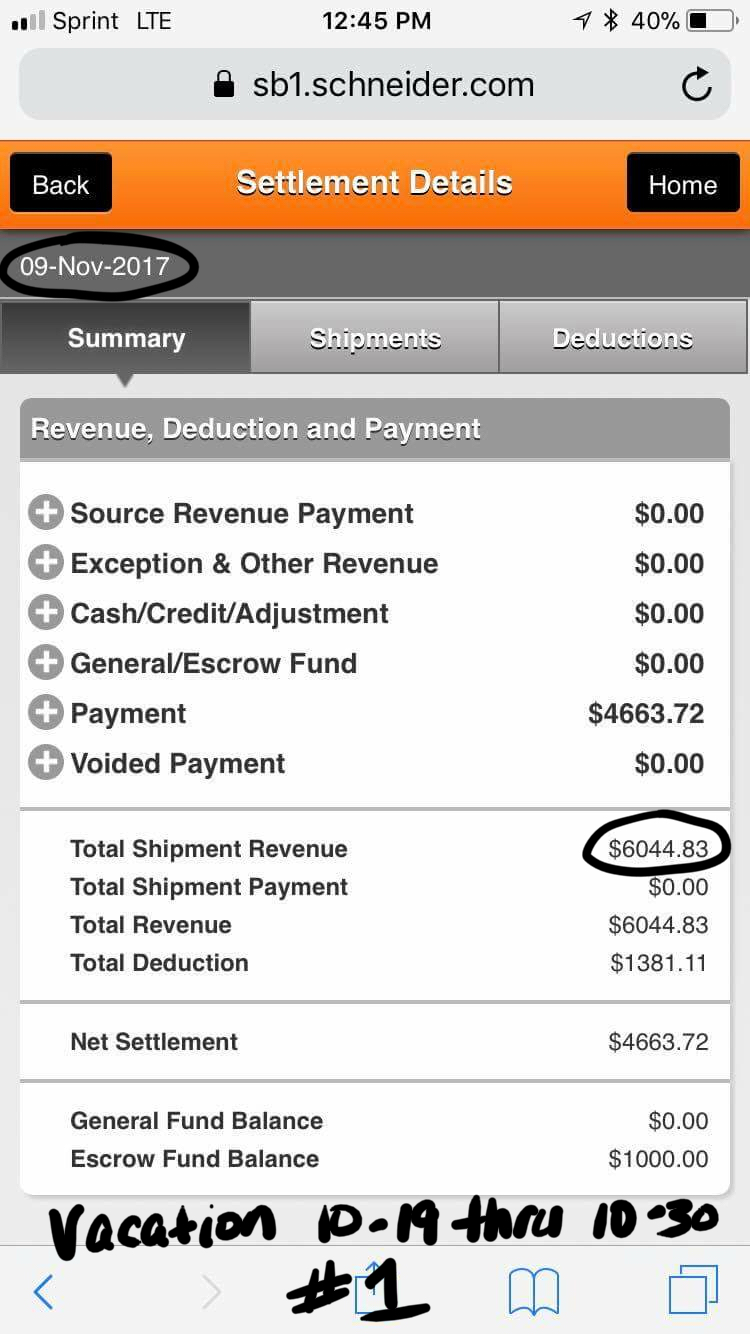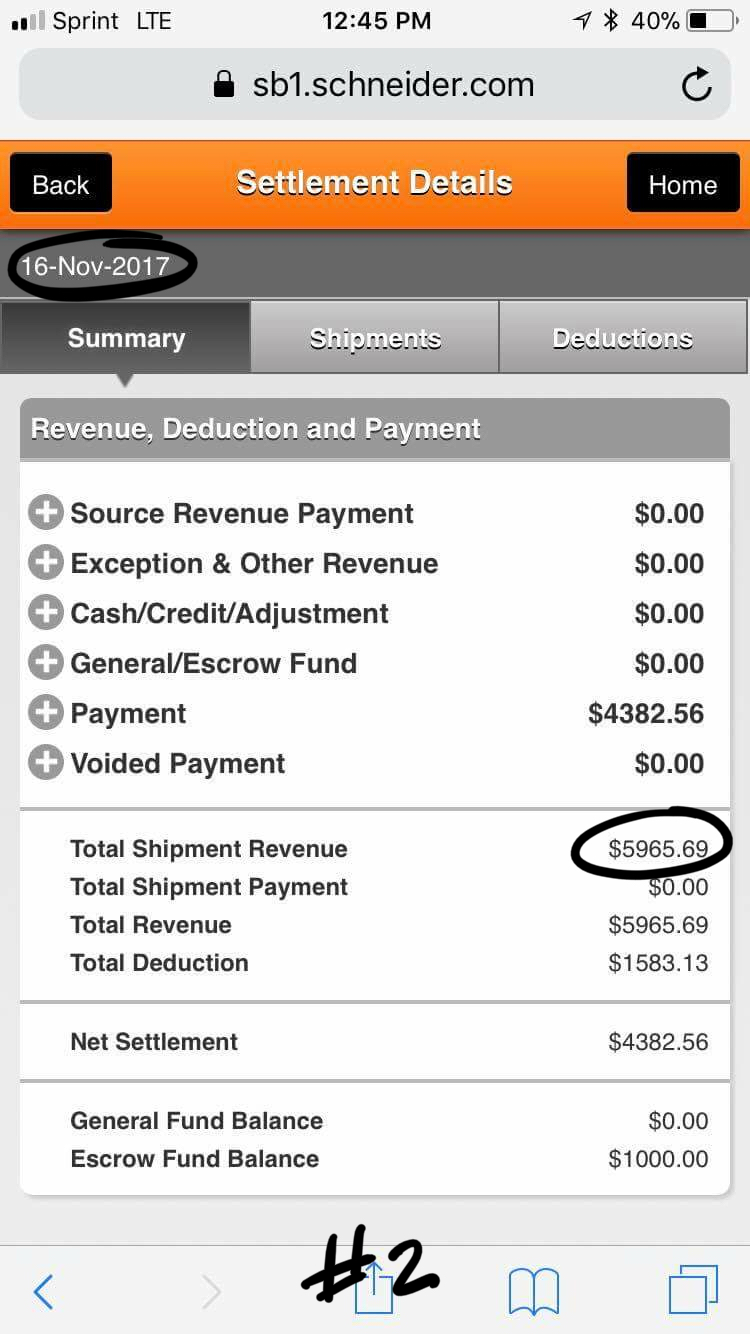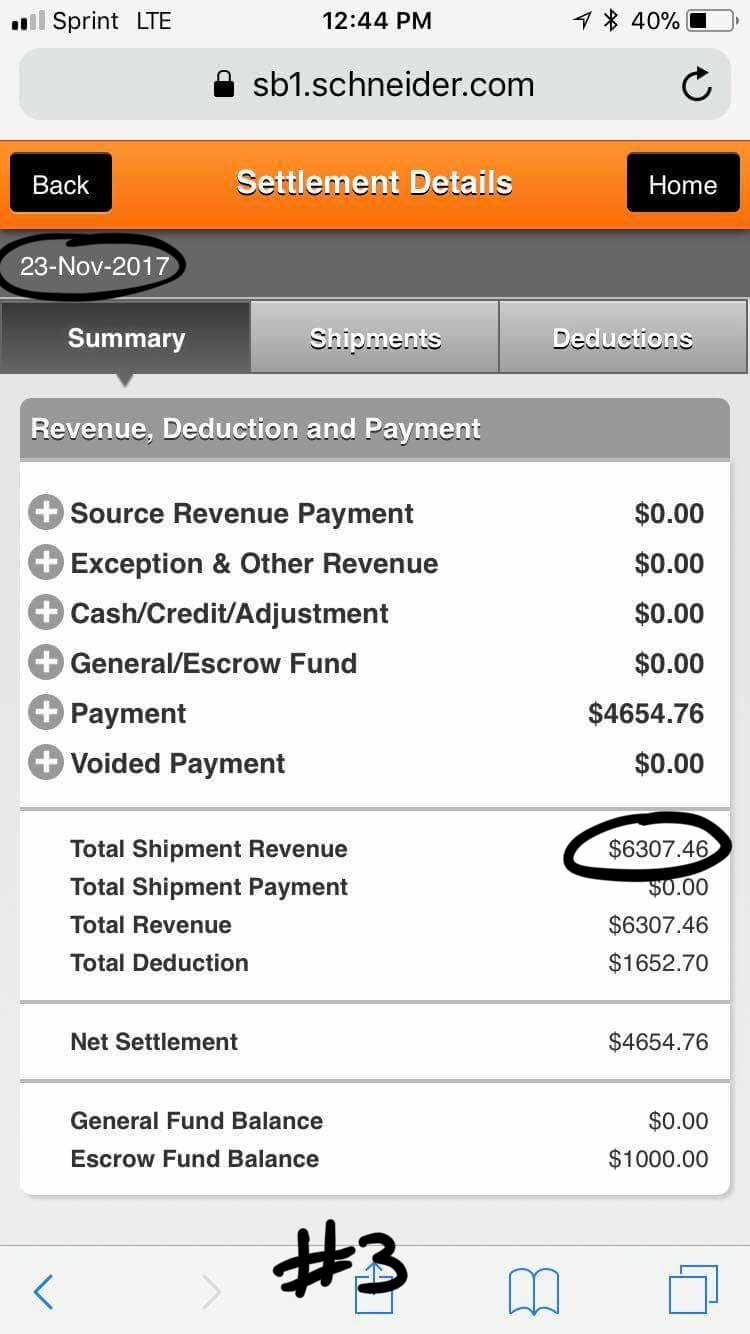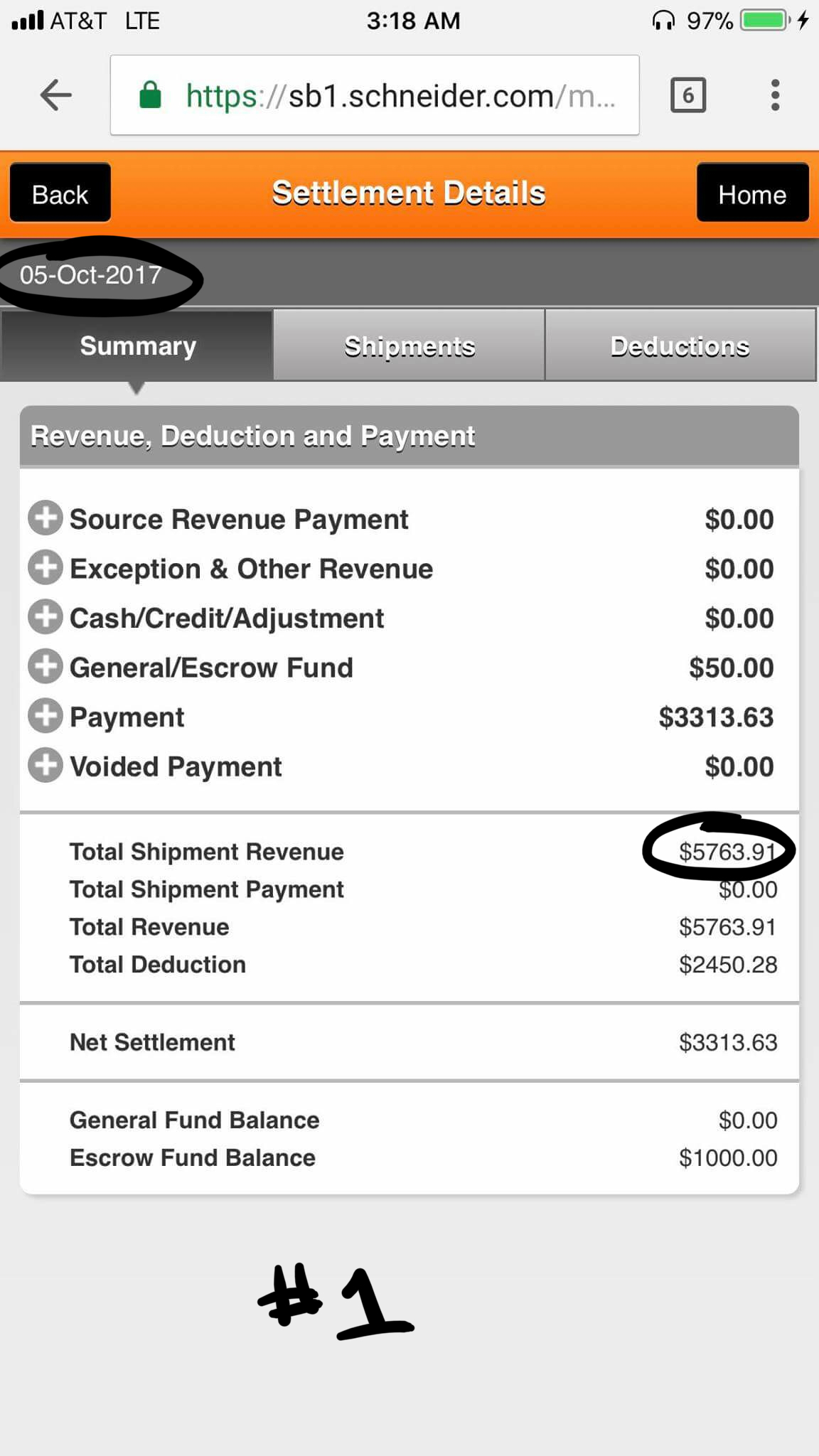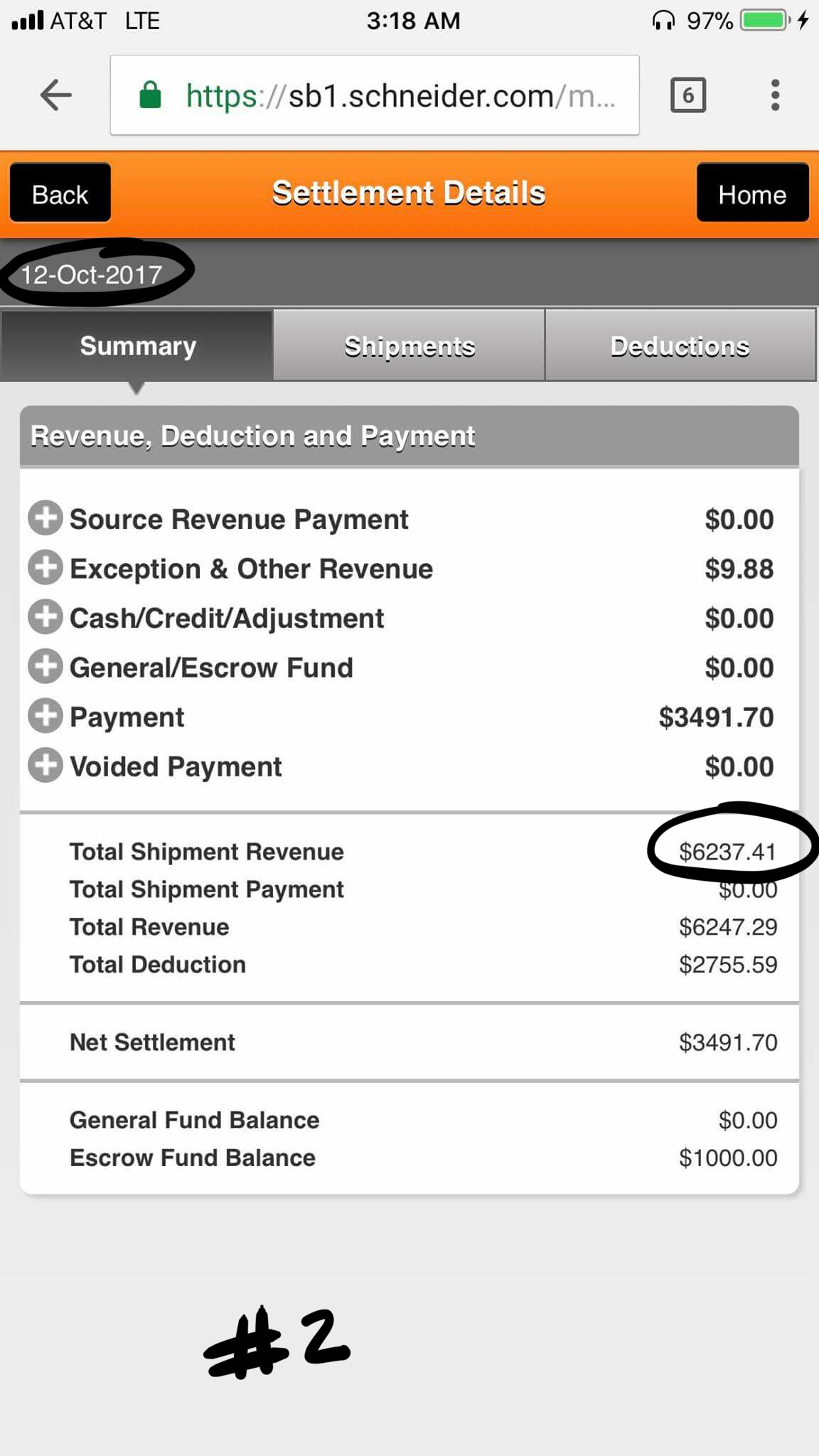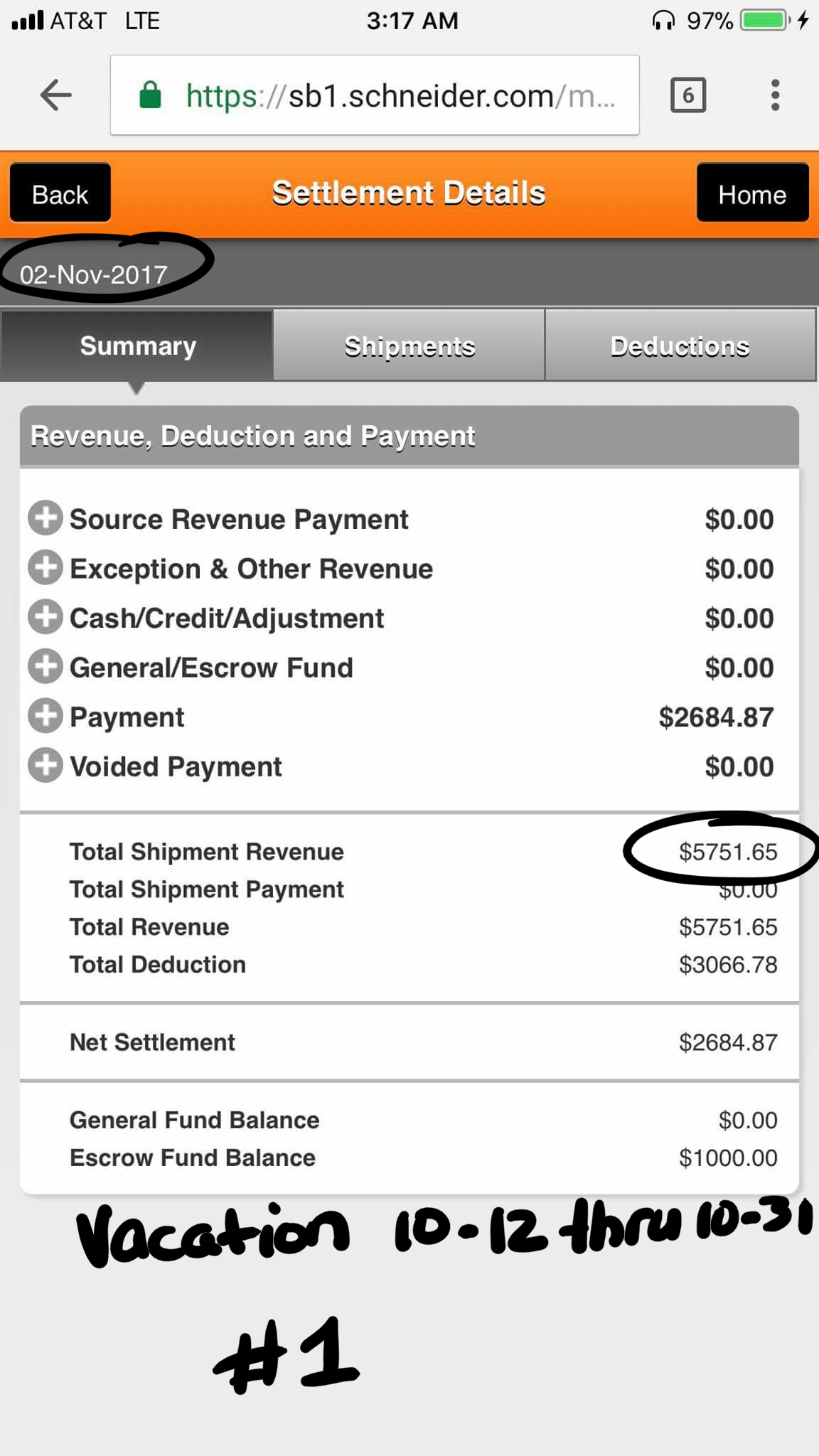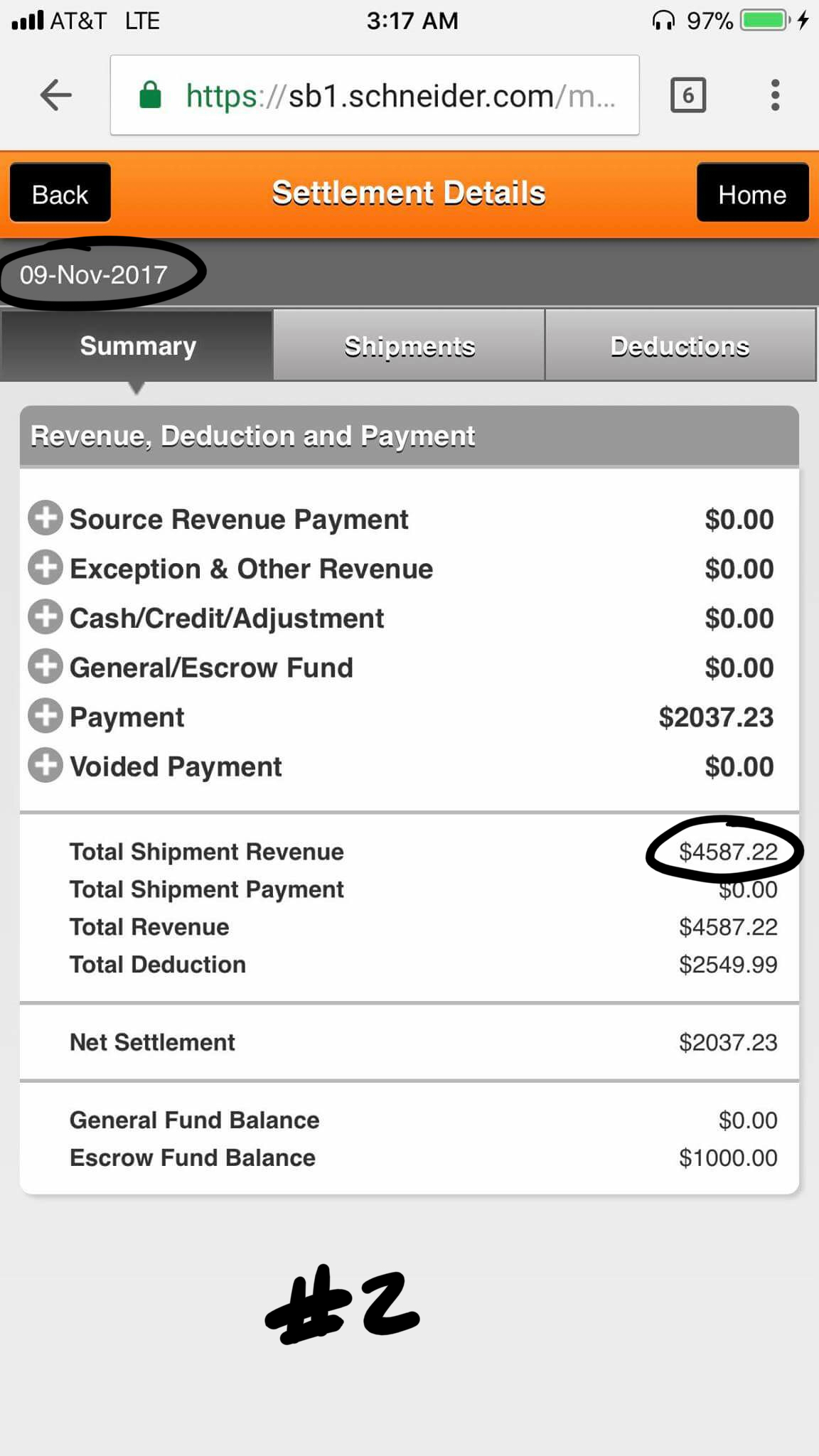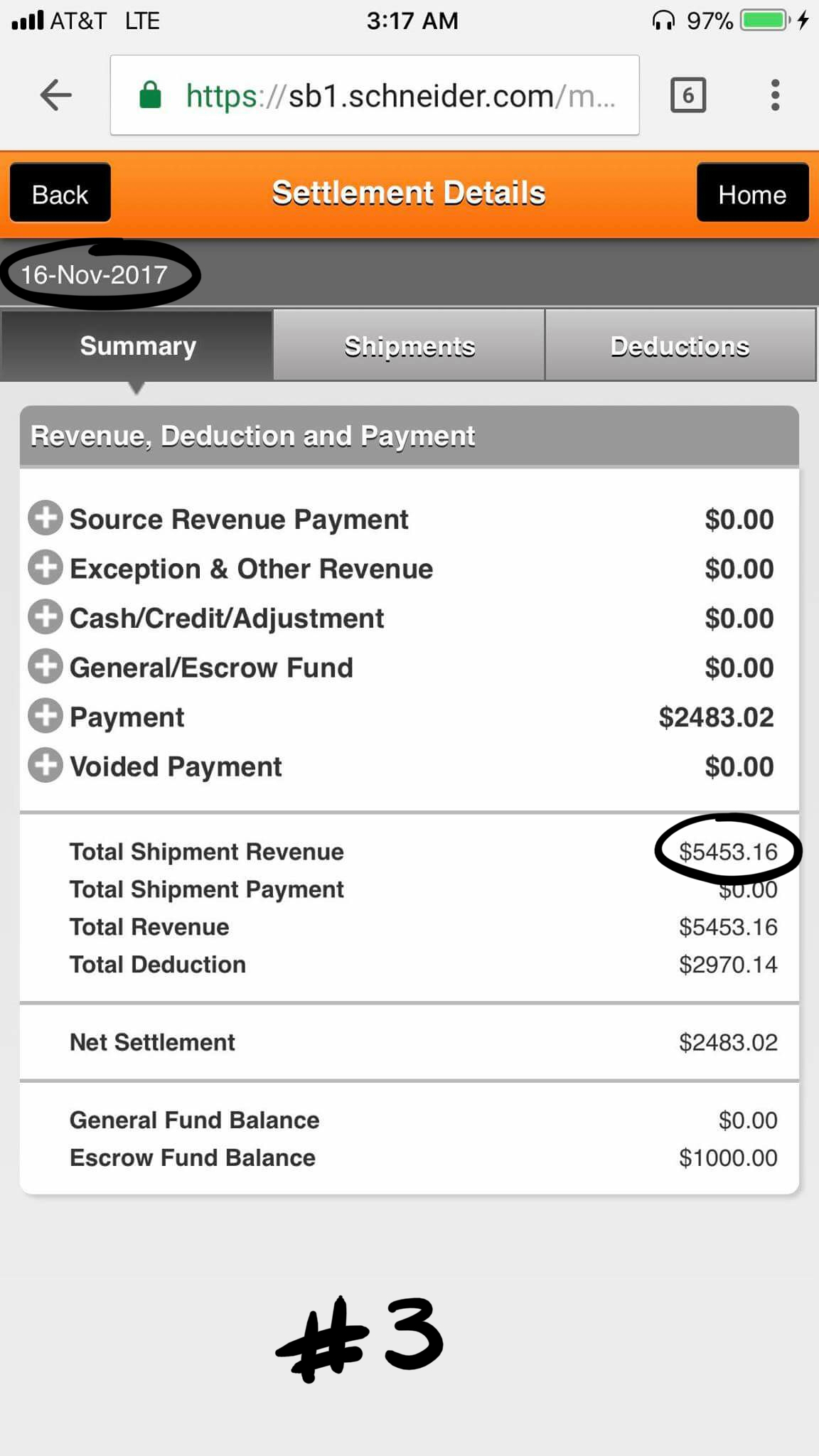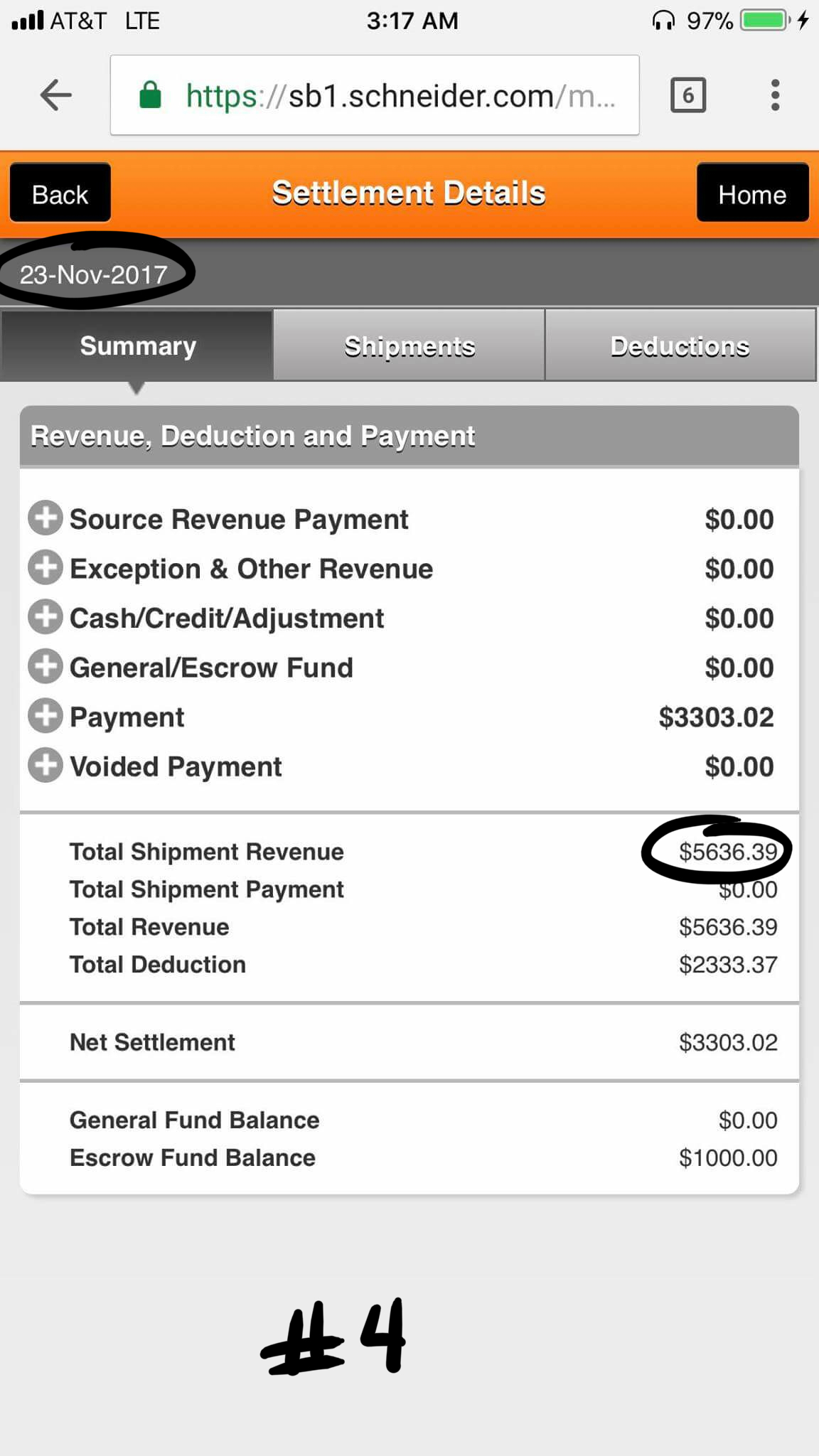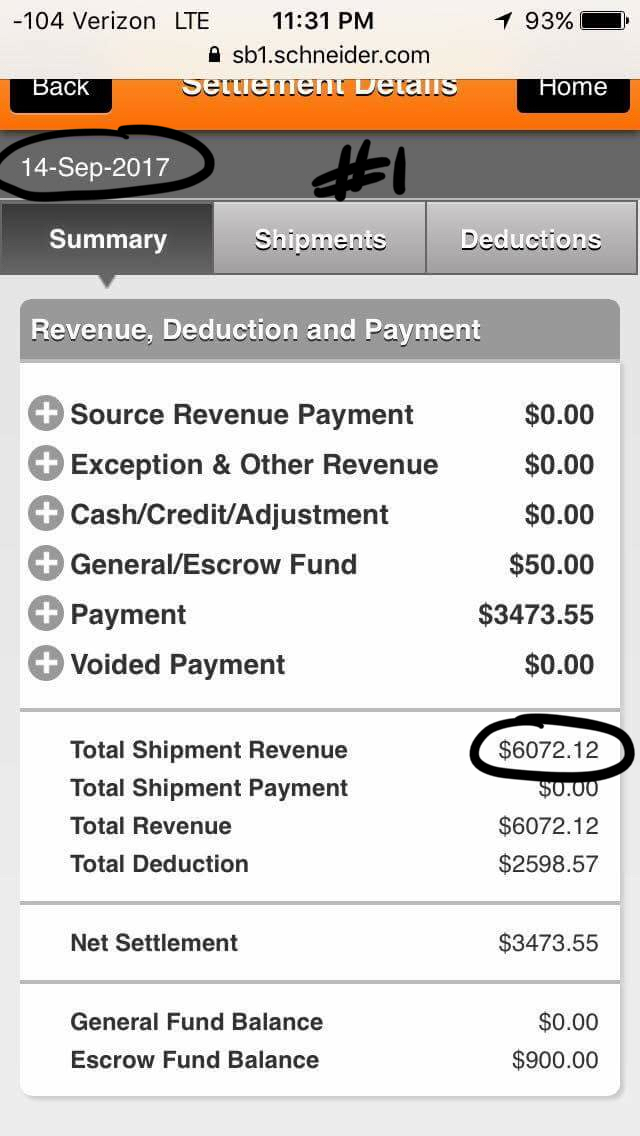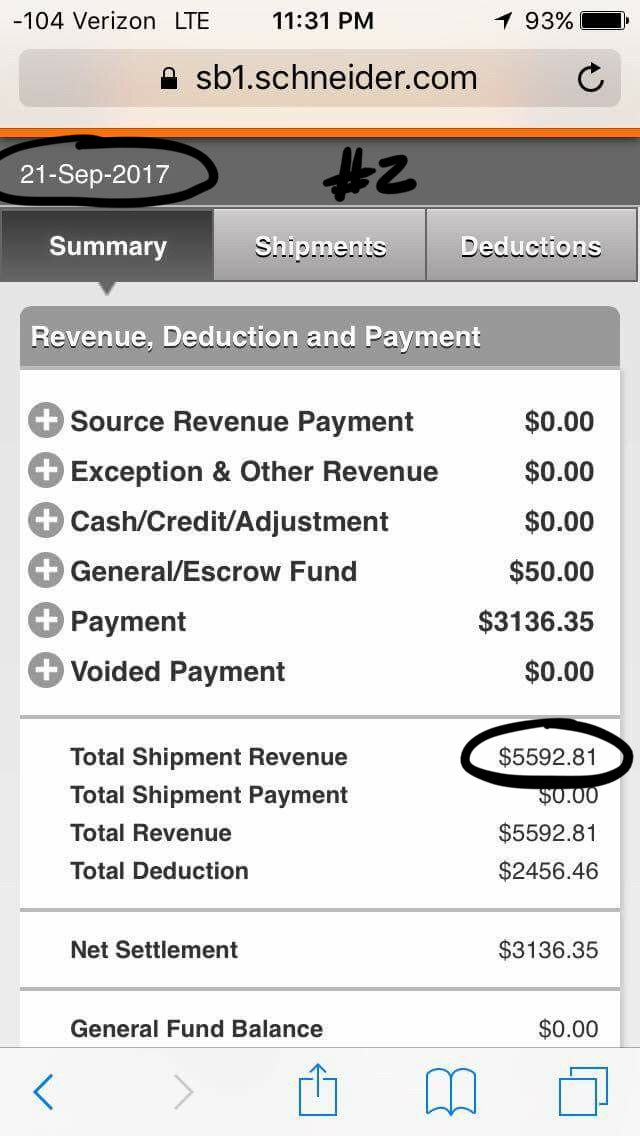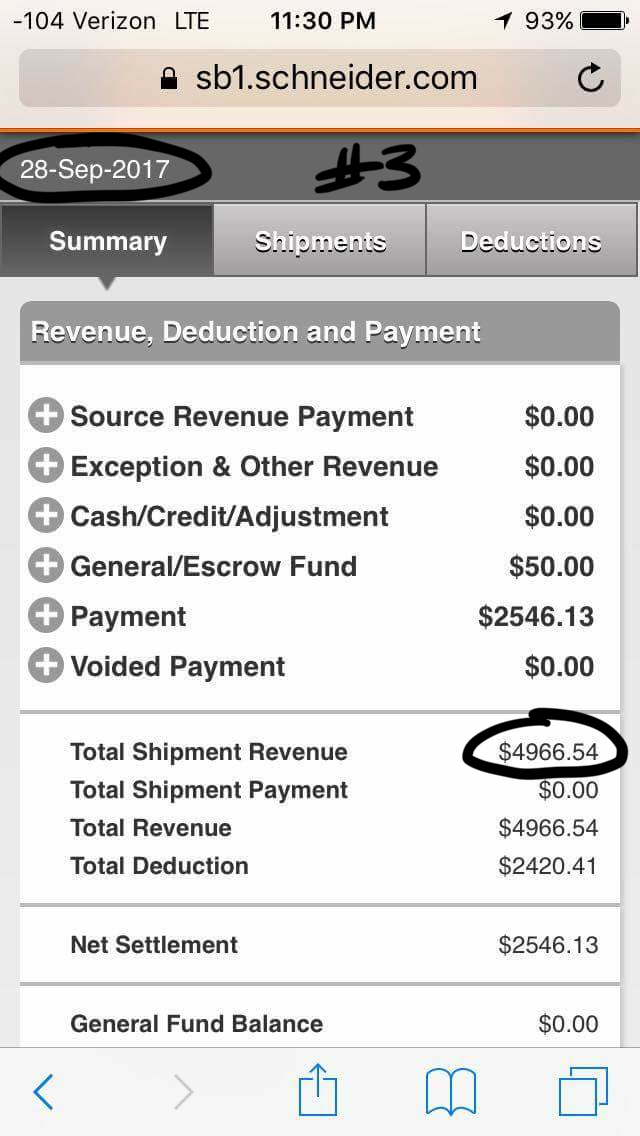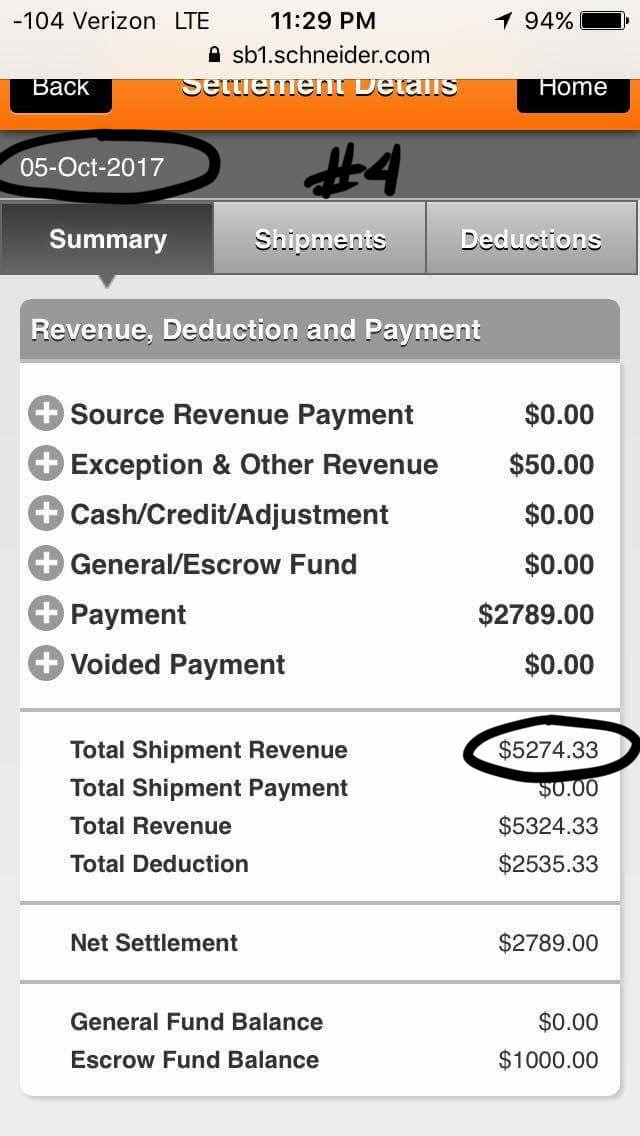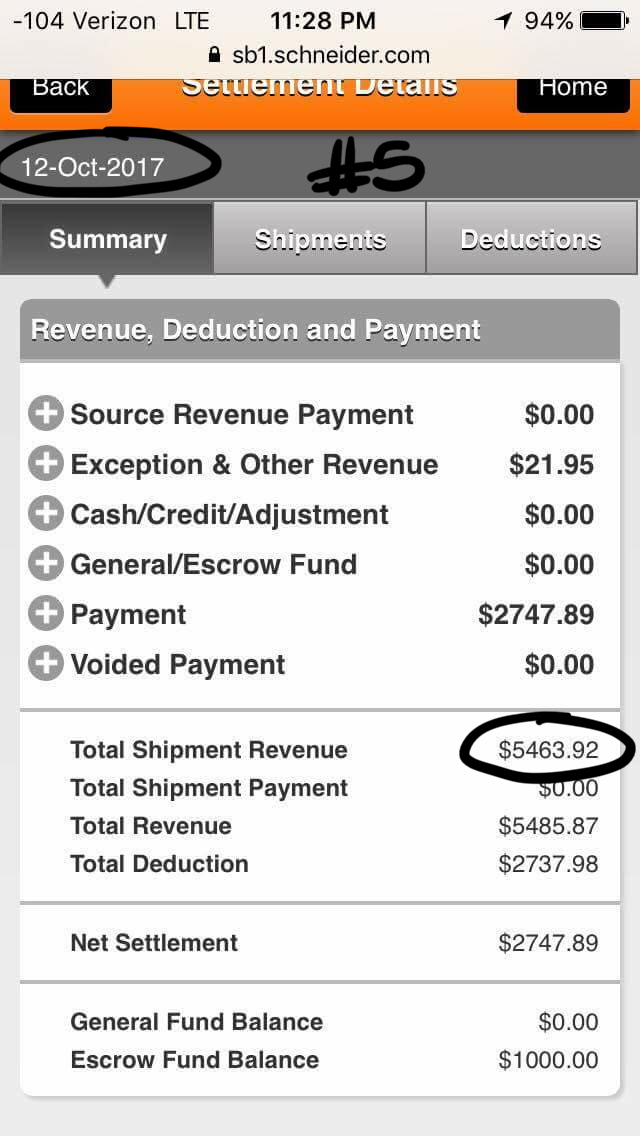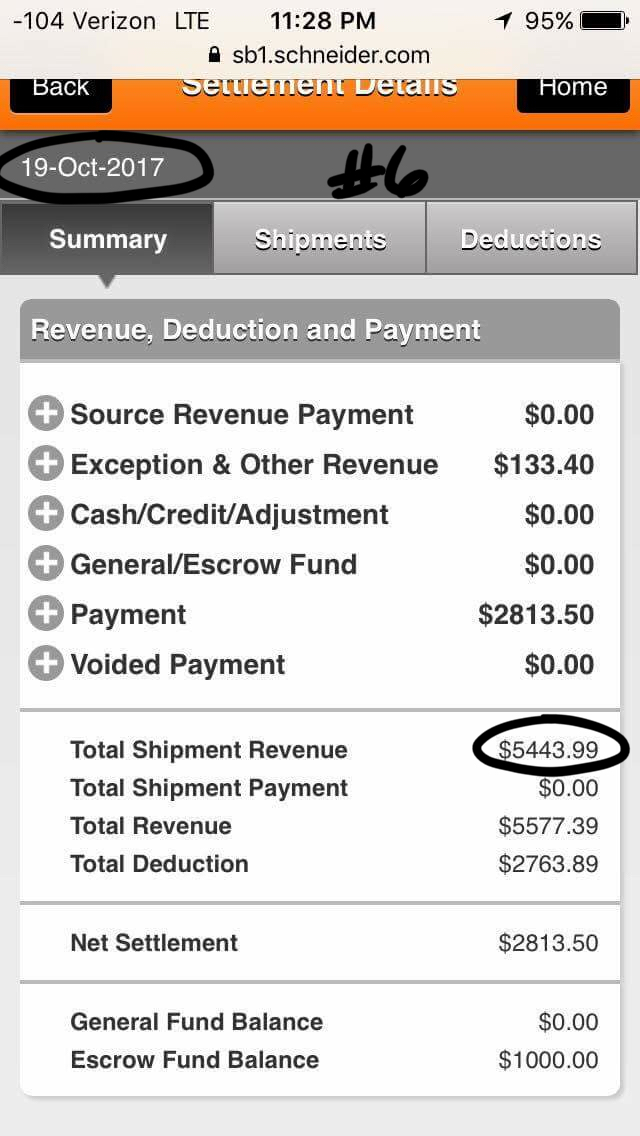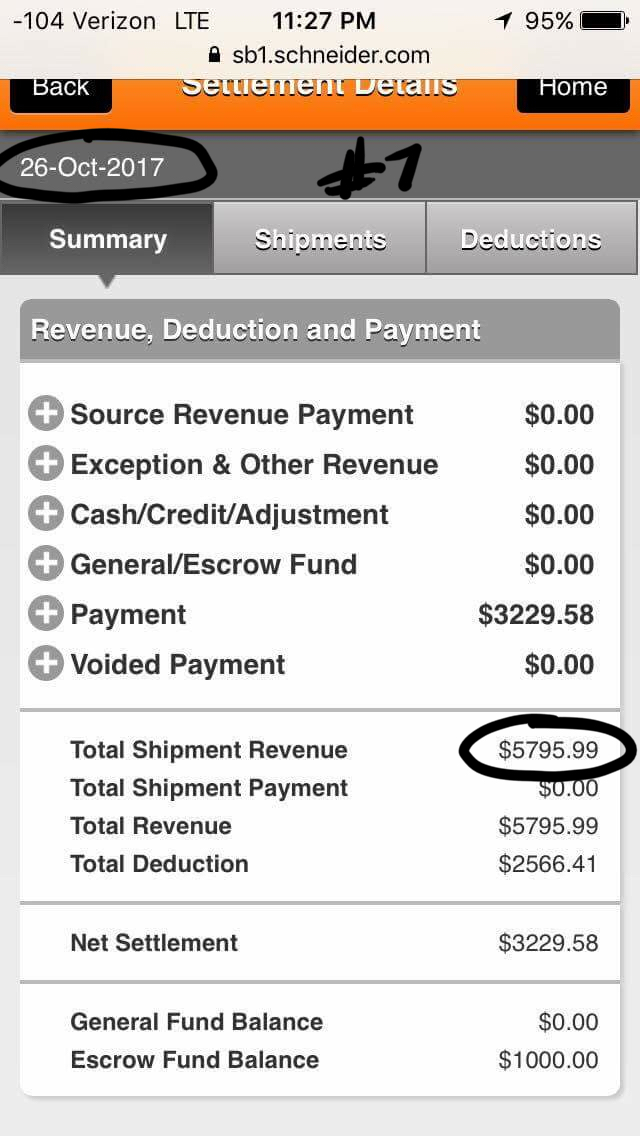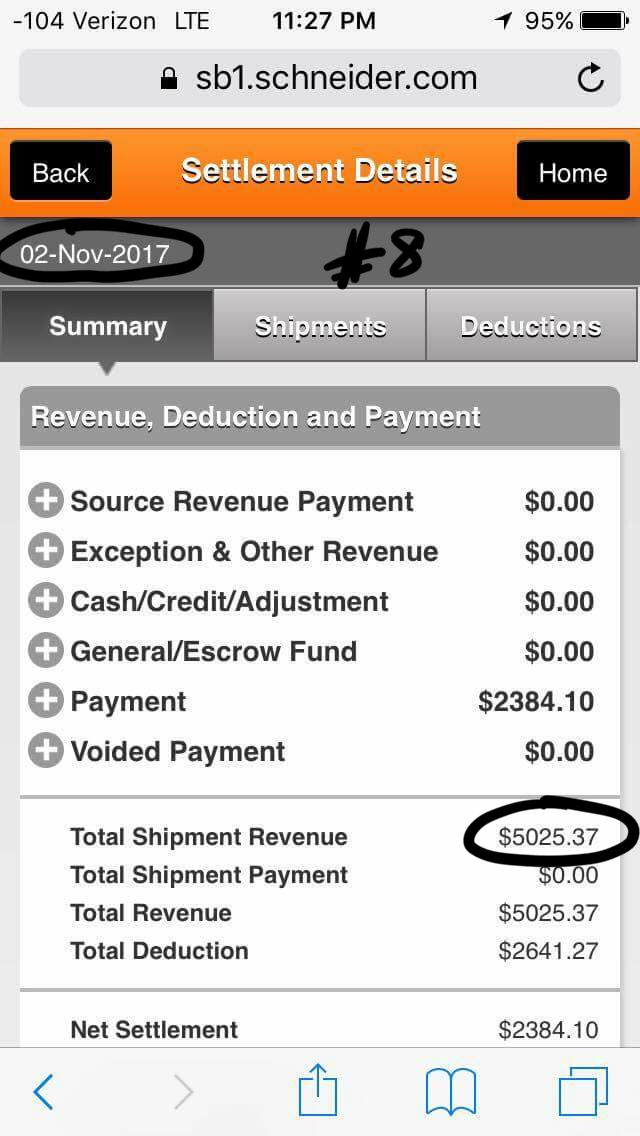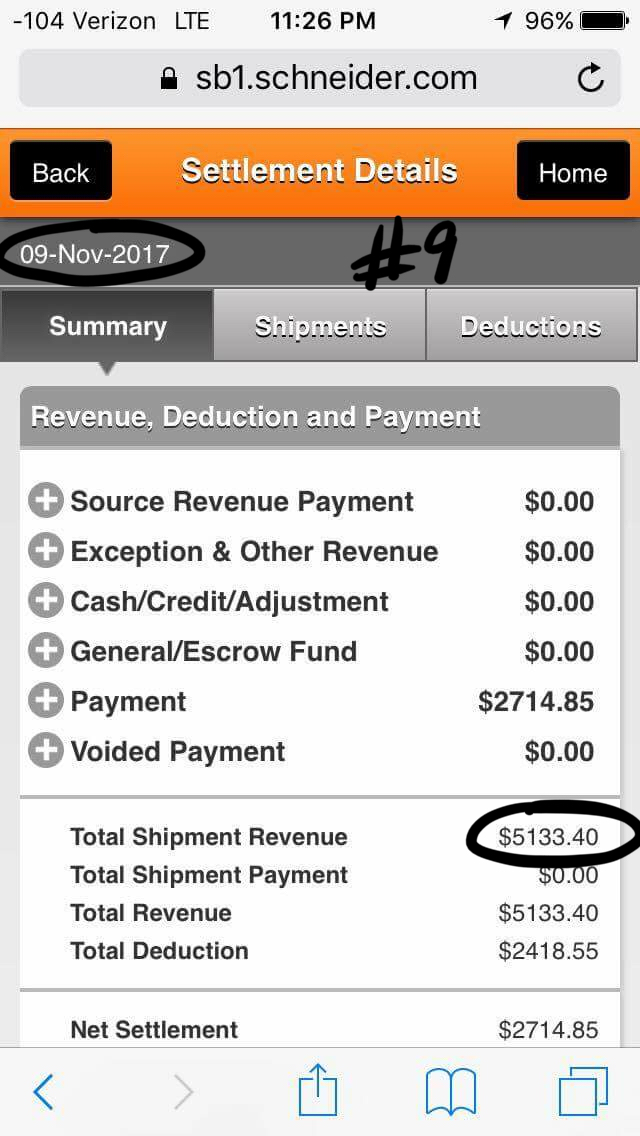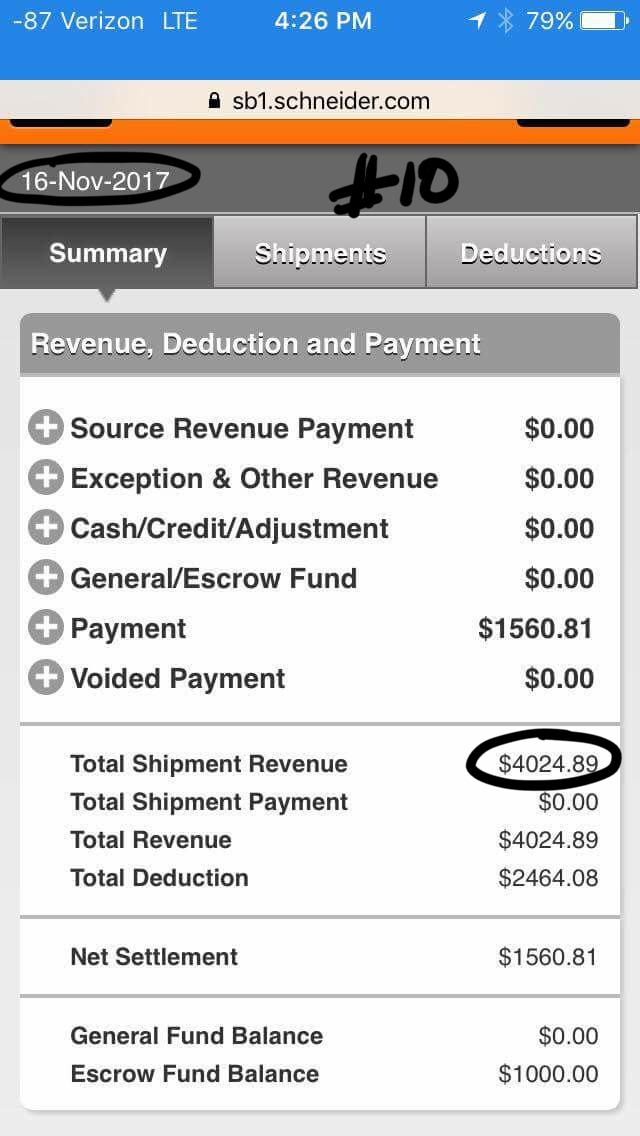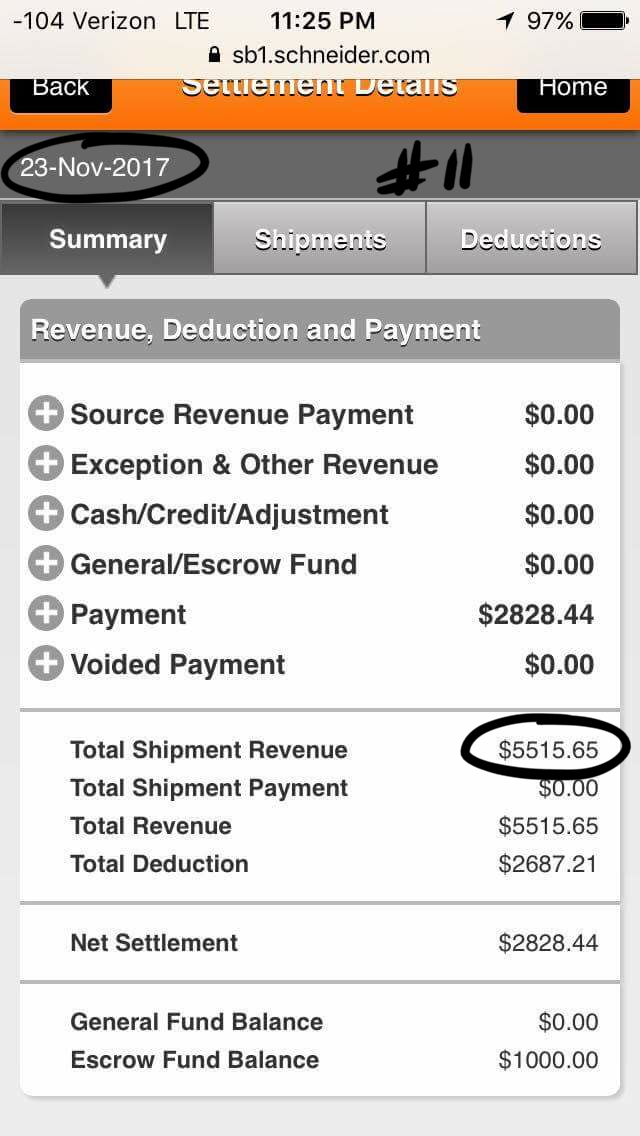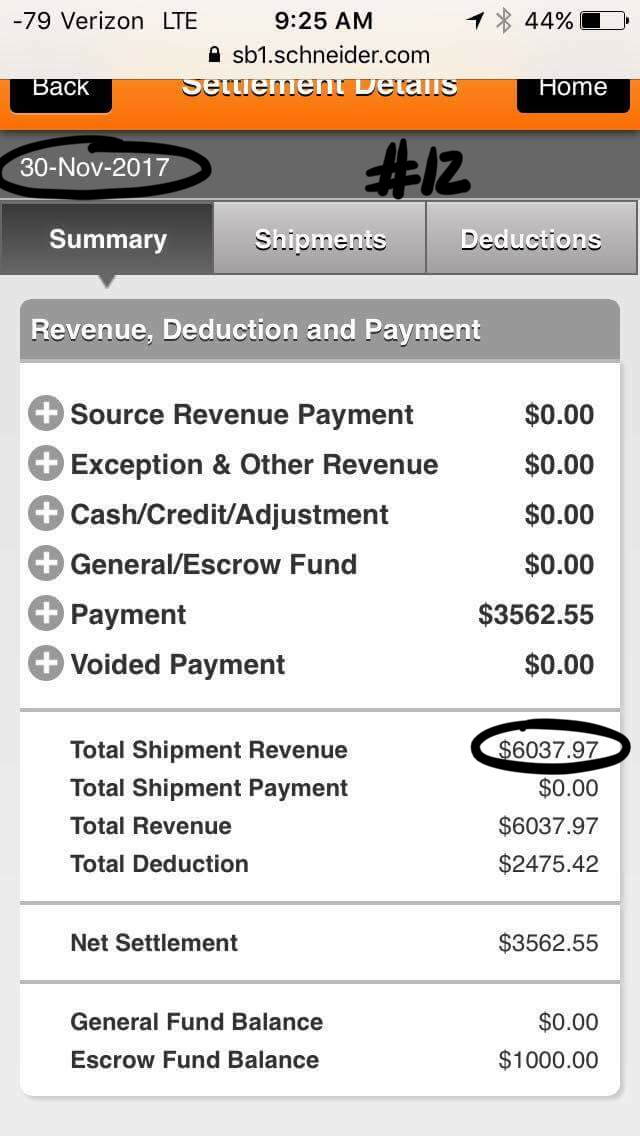HOS Changes Are Being Considered!!! Speak Your Peace!!!
Are you aware of the FMCSA’s current Advance Notice of Proposed Rulemaking that is aimed at reviewing & potentially significantly changing HOS rules that affect us all?
Specifically, the FMCSA is reviewing:
* The short-haul HOS limit (extending it from 12 to 14 hours)
* The HOS exception for adverse driving conditions (extending the 11 and 14 hour clocks by 2 hours in adverse conditions)
* Elimination of the 30 minute rest break provision
* Sleeper berth rule (adding more flexibility to split sleeper berth time)
* Adding an off-duty rest break of up to 3 consecutive hours per 14 hour duty period, that won’t count against the 14 hour clock
* Elimination of the prohibition against driving after the 14th hour of the beginning of the work shift
* Allowing drivers to use multiple off-duty periods of 3 hours or longer in lieu of having 10 consecutive hours off-duty
Are you aware that the FMCSA has been asking for our input on these proposed changes for more than a month now? They opened the public comment period on August 24 & gave us until September 24 to comment. Due to low participation, they extended the comment period by 2 weeks, until October 8.
Are you aware that, of the millions of truckers who could be affected by the proposed changes, to date there are only 2,642 comments? That’s less than 0.01 percent of truckers who have a vested interest in the proposed revisions.
We collectively speak of work stoppages & useless tactics to bring attention to our issues, yet when asked directly for input by the governing source, we don’t bother to respond.
This is our chance to have our voices heard. This is the first such request by the FMCSA that I have seen, where the changes are about US. Don’t let this opportunity pass with no action on your part.
Please follow the links that I’m providing, and take action today on this very important matter that will affect us all, regardless of your position in this industry.
Here is the FMCSA announcement:
Here is the Advance Notice of Proposed Rulemaking:
https://www.regulations.gov/document?D=FMCSA-2018-0248-0160
Here is a link to view comments already posted:
Here is a link to post your comments:
Automation Is Coming! As a Trucker, Will You Be Prepared?
How can we see articles like this one almost daily, yet choose to pretend that the possibilities don’t exist?
NO, I’m not pro automation, but I’ve been observing its progress for many years, even before I got a CDL. The developers (with the investments of billion dollar corporations who stand to benefit) are working feverishly to advance this technology, and they are progressing quickly. Automation has gone from concept, to development, to full testing in less than 10 years.
How can we see these trucks being tested without active drivers, and delivering loads, and say or think that this won’t become a mainstream reality during our trucking lifetime?
Being the realist that I am, I personally would rather acknowledge that progress and prepare for their eventual end game, while I have a few years to comfortably do so, than to turn my head & ignore something that could cost me my livelihood & leave me scrambling to find ways to secure my financial future.
The billion dollar companies that are moving automation forward are not wasting their time & money on something that will fail.
*Nobody is creating (or even trying to create) a truck that can fuel itself, back into docks, open doors, take paperwork inside, or anything else – other than DRIVE. Humans could still perform those secondary functions. Those humans do not have to be the drivers of the trucks.
*We are being made to believe that our jobs will remain secure as automation advances. Trucks will always need drivers. That’s what ALL companies do when replacing employees. They need us now, to keep the industry stable while they work behind the scenes to replace us. The information that we are seeing only scratches the surface of what is happening daily to advance automation. Ask yourself, if your position goes from the role of active driver to passive “just-in-case” passenger, would your value remain the same? I think not. That’s not a job that I would want.
*Accidents with fatalities will not stop happening. Human drivers kill people in trucks daily. Automation is being cited as a solution that will greatly reduce accidents, by eliminating the top 2 reasons for fatal accidents – driver fatigue & driver distraction. If accidents involving semi’s are cut in half overall by automation, then a few fatalities involving automated trucks will simply be treated as the casualties that they currently are.
*The intent of the first phase of automation is to remove the driver from long stretches of controlled highway driving. That application is ALREADY BEING TESTED DAILY. If that were the ONLY accomplishment of automation, that ALONE would yield severe consequences for the livelihood of truckers. Ask yourself, if trucking eliminated long hauls for active drivers, and became limited to only short hauls & local runs (that EVERYONE would compete for), could you survive that shift?
This is not a time to panic, nor is it a time to ignore the possibilities, in exchange for a sense of security. My ONLY message is to implore you to do what is necessary to secure your own financial future. Many of us have built businesses in trucking. Some of us had to struggle to do so. We can do it again in other industries, but this time, we are already at a financial advantage & we have time to plan & create our own destiny.
https://www.overdriveonline.com/uber-looks-to-take-the-driver-out-of-the-vehicle-on-long-haul-lanes-demonstrates-transfer-hub-system-for-loads/?utm_source=weekly-videos&utm_medium=email&utm_content=03-17-2018&utm_campaign=Overdrive&ust_id=404aeac06fe087a50280a418550ce3a9
What Makes You An Owner Operator?
An Owner Operator is one who owns & operates a business.
Owner Operator is not a trucking industry specific term. An Owner Operator is one who owns & operates ANY business.
Equipment acquisition is part of operating a business. It is not the entire business, nor does it have ANY role in defining the business or the business owner. It is simply a task for a business Owner Operator.
How & where a business Owner Operator chooses to acquire equipment is irrelevant to the fact that they own & operate a business.
How a business Owner Operator chooses to pay for the equipment that they acquire is irrelevant to the fact that they own & operate a business.
In ANY industry, an Owner Operator’s choice to purchase, finance, or lease equipment has no role in defining their position of business owner.
In ANY industry, acquired equipment serves the same function to the business, regardless of whether it is purchased, leased, or financed. The only differential is tax implications.
A restaurant owner who leases or finances their building, ovens, seating, bar, etc.,is no less of an Owner Operator.
A beautician who leases or finances their floor space & hair tools, sinks, dryers, etc., is no less of an Owner Operator.
Ditto for a(n):
Attorney
Car Dealership
Caterer
Doctor
Gas Station Owner
Repair Shop Owner
Seamstress
Store Owner
…and any other business who finances or leases equipment.
Trucking is the only industry where I see business owners attempting to distinguish & define themselves & their peers, solely based on how they choose to acquire & pay for their equipment (truck).
If you, as a trucker, are defining your role as an Owner Operator based on whether or not you hold the title to your truck, you should research, learn & rethink a few things. How others define you is irrelevant. Make sure that YOU understand your role. An Owner Operator owns & operates a BUSINESS. Equipment acquisition is a task for an Owner Operator, but it does NOT define your role as one.
Schneider $5K Club Owner Operator Statements
If you can’t do it, that doesn’t mean it can’t be done. Never say never…
These Schneider Owner Operators are grossing $5K weekly, on average. Lots more are doing it too!
These statements serve as proof to the naysayers, as well as encouragement to the hopeful. Don’t allow ANYONE to impose their limitations upon you. Don’t impose limitations upon yourself.
Instead of doubting them, learn from them! When you KNOW better, you DO better.
Watch my upcoming You Tube video for details.
Subscribe to my channel:
https://www.youtube.com/channel/UCuEg4c6yXGIXn9ZLXg3k1jw
*Sharron Lambert (1girl1truck) is the owner of Extra Mile Transportation LLC, and is not personally affiliated with Schneider*
First Owner Operator
5 consecutive statements, followed by 1 week worked during October 2017 (the rest of October was vacation), followed by 3 consecutive statements to date
Second Owner Operator
2 consecutive statements, followed by vacation, followed by 4 consecutive statements to date
Third Owner Operator
12 consecutive statements to date
Schneider vs Traveloko
SchneiderStatement
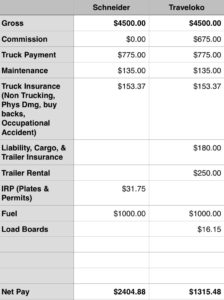
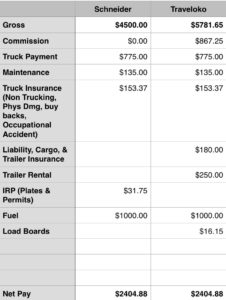
What’s In a Name?
- Company Driver?
- Independent Contractor?
- Lease Operator?
- Lease Purchase Operator?
- Owner Operator?
- Motor Carrier?
What do you call yourself? What do you call your peers? Why?
Anyone who is a part of the trucking industry for any significant length of time will inevitably be touched by the ranking game. It seems that truckers as a community are all too eager to distinguish themselves from their peers, by establishing a pecking order. Often, truckers tend to refer to themselves & each other, using terms that they don’t fully understand. Some truckers call themselves Owner Operators only after they have paid off their truck, when they have been Owner Operators all along. Some truckers use meaningless terms, such as “Lease Operator”, to further add to the misunderstanding. Some truckers have no idea what the definition of a Motor Carrier is, and still others refuse to even use the term. Some feel that one has to get an Operating Authority to be considered an Independent Contractor, or even an Owner Operator. A bit of research into the different industry roles would help, but lots of truckers are not willing to take the time for that. Those truckers seem to prefer applying the labels that fit their ideals, stroke their egos, or disparage others.
There are three distinct roles in the trucking industry:
- Company Driver
- Owner Operator
- Motor Carrier
All other terms are derivatives of the above. Some are recently invented terms that have no meaning, except to those who created them.
In order to transport freight in Interstate Commerce, someone who is involved in the process must hold an active interstate Operating Authority.
A person or company who has an active interstate Operating Authority is a Motor Carrier. A Motor Carrier is assigned a MC (Motor Carrier) number by the FMCSA. Only Motor Carriers are authorized to transport freight.
- Mega Carriers (Schneider, Swift, Werner) are Motor Carriers
- Small companies who operate under their own authority are Motor Carriers
- Owner Operators who operate 1 truck under their own authority are Motor Carriers
A Motor Carrier can negotiate freight transportation directly with shippers, receivers, brokers, and other Motor Carriers. It does not matter where a Motor Carrier gets their freight from. It has been incorrectly stated that Motor Carriers get their freight directly from shippers & don’t deal with brokers. That’s not true. Having an active interstate Operating Authority makes one a Motor Carrier, and gives them the choice of how to obtain freight movement assignments.
A person or company can operate under their own authority as a Motor Carrier, or they can operate under the authority of an existing Motor Carrier.
A Motor Carrier can operate as an Owner Operator, and/or allow other Owner Operators to operate as Independent Contractors under their authority, and/or employ Company Drivers.
A person or company can operate under the authority of an existing Motor Carrier as a Company Driver (employee), or as an Owner Operator (self-employed Independent Contractor). There are no other classifications.
A Company Driver is an employee of a Motor Carrier. A Company Driver operates equipment that is owned & maintained by the Motor Carrier, and is only responsible for driving. Company drivers bear no financial risk or responsibility. They do not own, finance, lease, or have any financial interest in the truck that they drive. They don’t pay for fuel, maintenance, repairs, nor anything else to operate the truck. Company drivers drive & get paid a rate (per mile, per hour, or per day) for their services. They operate at the direction of the Motor Carrier who employs them.
An Owner Operator is one who owns & operates a business. In trucking, a person or company who acquires a truck, pays all costs to operate said truck, and transports freight under proper authority with said truck, is an Owner Operator. How a truck is obtained (purchase, finance, or lease) has no bearing on the classification of Owner Operator.
A lot of confusion arises from the term “Owner Operator”. In recent years, with the proliferation of Lease Purchase agreements, a number of people tend to think that an Owner Operator must pay the last payment & hold the title to their truck, in order to earn the “Owner” part of that role. Oddly, a lot of truckers seem to only feel that way toward those who are in Lease Purchase agreements, but not necessarily finance contracts. A newer term, “Lease Purchase Operator”, has even arisen as a result of Lease Purchase agreements becoming so popular. In actuality, the term Lease Purchase Operator is a meaningless term in the industry, as the distinction between Company Driver and Owner Operator lies in whether or not the driver furnishes and maintains the truck, not in whether the truck is owned, financed, or leased by the driver. Calling oneself a Lease Operator, or Lease Purchase Operator only serves to unnecessarily broadcast your financial affairs. Ideally, no one would know how an Owner Operator obtained his or her truck, and no one would have a reason for the misclassifications
An Owner Operator owns & operates their truck, but there seems to be confusion about what constitutes ownership. The term “Owner Operator” has been around much longer than Lease Purchase agreements, and it has been historically used to distinguish whether a driver drove a truck that was owned & maintained by the company he/she worked for as an employee, or if that driver brought their own truck onboard & leased on to that company as a self-employed Independent Contractor. If the driver furnished & maintained their own truck, they were classified as an Owner Operator. How the driver obtained & paid for the truck was irrelevant. That all still applies today, but a misinformed group of truckers has remodeled the definition of “Owner Operator” into another one that has everything to do with the financial arrangement between the driver & their financier, and nothing to do with the business agreement between the driver & the Motor Carrier they are associated with.
Very simply, if you drive a company owned & maintained truck, you are Company Driver. If you bring the truck to the table (no matter how you acquire it) and pay all costs to operate it, you are an Owner Operator. The industry has never assigned levels to Owner Operators, based on the level of vested interest one has in the truck being supplied. Instead, it is the Owner Operators themselves who try to distinguish themselves from their peers when they finally have the title to their truck in hand.
According to the IRS and industry definitions, a driver owns their truck (and receives the tax benefits thereof) whether they hold the title, or are making payments on it. The bottom line is that, an Owner Operator owns and operates their truck, versus a Company Driver who has no ownership interest in, nor responsibility for the truck that they drive.
Lease Operator and Lease Purchase Operator are meaningless terms. No matter how much some want this fact to be different, one who leases a truck is as much an Owner Operator as one who finances, or purchases the truck outright. You operate a truck. You operate a business. You DON’T operate a Lease Purchase agreement. Thus, there is no such classification or job title as a Lease Purchase Operator.
- If you lease or Lease Purchase a truck & then lease the truck on to a carrier (operate under their authority), you are an Owner Operator who is leasing your truck.
- If you finance your truck through a dealership or other source & then lease the truck on to a carrier (operate under their authority), you are an Owner Operator who is financing your truck.
- If you own your truck outright (have the title) & lease the truck on to a carrier (operate under their authority), you are an Owner Operator who has paid for your truck.
- If you lease or Lease Purchase a truck & operate under your own authority, you are a Motor Carrier, who is also an Owner Operator, who is leasing your truck.
- If you finance your truck through a dealership or other source & operate under your own authority, you are a Motor Carrier, who is also an Owner Operator, who is financing your truck.
- If you own your truck outright (have the title) & operate under your own authority, you are a Motor Carrier, who is also an Owner Operator, who has paid for your truck.
In no other industry does one’s choice of asset acquisition determine their job title/classification. Trucking is no different.
The choice of authority to operate under has no bearing on the classification of Owner Operator. An Owner Operator can choose to operate under their own authority as a Motor Carrier, or they can operate under the authority of an existing Motor Carrier. An Owner Operator who is not a Motor Carrier cannot negotiate freight movement directly with shippers, receivers, and other Motor Carriers. They must transport freight under the authority of a Motor Carrier. If an Owner Operator obtains an interstate Operating Authority, then they can operate as a Motor Carrier.
An Owner Operator who operates their truck under the authority of a Motor Carrier is said to lease to the Motor Carrier.
Leasing TO a Motor Carrier is different terminology than leasing a truck FROM a Motor Carrier.
It is possible for an Owner Operator to lease a truck FROM a Motor Carrier AND lease it TO the same Motor Carrier.
Leasing a truck FROM a Motor Carrier is self-explanatory. This is done via a Lease or Lease Purchase agreement, and it is a method of acquiring and paying for the use and/or eventual ownership of the truck.
An Owner Operator who leases TO a Motor Carrier, leases their truck to the Motor Carrier, in exchange for an agreement to perform services under the Motor Carrier’s authority. Leasing the truck to the Motor Carrier effectively makes the truck a part of the fleet of the Motor Carrier. The Owner Operator retains ownership, but leasing the truck to the Motor Carrier gives them the right to do things that are necessary for FMCSA and Company Policy compliance (door decals, Qualcomm, etc.).
An Independent Contractor is simply a self-employed person or company. Independent Contractor is not a term that is specific to trucking, or any industry. It is not a job title. It is an IRS classification for a self-employed person, versus an employee. According to the IRS, one is either an employee, or an Independent Contractor. ALL Motor Carriers and Owner Operators are Independent Contractors, because they are self-employed. The word “Independent”, in this particular context, has NOTHING to do with whether one is a Motor Carrier and/or Owner Operator, whether one owns their equipment, or whether one operates under their own authority or that of a Motor Carrier. It has nothing to do with whether one gets their freight from brokers, or a dispatcher. It ONLY means that a person or company is self-employed, and not necessarily in the trucking industry.
A Motor Carrier is a person or company who holds an active interstate Operating Authority.
An Owner Operator is one who owns and operates a business.
Lease Operator and Lease Purchase Operator are meaningless terms.
An Independent Contractor is a self-employed person or company.
A Motor Carrier who owns & operates their truck is also an Owner Operator, but Motor Carriers who refer to themselves as simply Owner Operators do themselves a disservice, as they are so much more. When one obtains their own Operating Authority, they become a Motor Carrier (hence the MC, or Motor Carrier number). At that point, they are peers with all of the other large & small Motor Carriers. It is inherent that a Motor Carrier owns at least one truck (they must own, lease, or finance a truck, in order to carry the required liability & cargo insurance to become a Motor Carrier), so by definition, a Motor Carrier who operates their own truck is also an Owner Operator. But a Motor Carrier who owns & operates their truck is so much more than simply an Owner Operator. A Motor Carrier is a trucking company, independently recognized by the FMCSA and DOT. Motor Carriers can operate one or more trucks that they own, hire Company Drivers, and/or allow Owner Operators to operate as Independent Contractors under their authority. A Motor Carrier who refers to themselves as an “Owner Operator who has their own authority” minimizes their role in the industry. Large carriers like Schneider, Swift, and Werner are Motor Carriers. They don’t refer to themselves as Owner Operators any more than any other Motor Carrier (large or small) should.
A Motor Carrier
is also an Independent Contractor
and may or may not be an Owner Operator
An Owner Operator
is also an Independent Contractor
and may or may not be a Motor Carrier
It would be great if we could put the egos aside & stop playing the ranking game, and get on the same page regarding terminology.
How to Get an Interstate Operating Authority
This is the process, in a nutshell:
• Decide on a name for your company.
• Decide on an entity for your company.
• Get a federal tax ID number, or EIN.
• If you decide to incorporate or form a LLC, file the necessary paperwork with your Secretary of State office.
(1) Make sure you are insurable. Get a few quotes for trucking liability & cargo insurance from trucking insurance agents. Rates will vary greatly, depending on CDL time, driving record, and experience. So you can not rely on figures provided by others. Progressive Commercial is a good place to start. Call them at 800-444-4487 & get a quote. If you don’t have a truck yet, you will need information about the truck & trailer that you plan to insure. The cost for $1 million liability, $100K cargo, and physical damage coverage on the truck & trailer can range from $2000-$4500 down, with monthly payments of $700-$2400. It all depends on age of CDL, experience, driving record, truck & trailer, credit history, and other factors. One person’s quote is not a rule of thumb for the next person. Get your own quote.
(2) Get a truck.
(3) Apply for operating authority on the FMCSA website. Pay the $300 fee. DOT & MC numbers are issued at that time. When you finish the application process & pay the fee, you will have DOT & MC numbers, but you will NOT have an operating authority. Your application will be pending, awaiting other items to be received. You cannot run loads until the operating authority is granted. The average time that it takes for the FMCSA to grant operating authority is 21 days.
(4) Get insurance. You have 20 days to do so. You should have already gotten the quotes & be ready to start the policy. Have the insurance company do the appropriate filings with the FMCSA. After insurance is bound, the filings can be done and seen on the FMCSA site in 24 hours.
(5) Get a process agent. Have them do the appropriate filing with the FMCSA. The cost is $25-$100, depending on who you use. The process server can upload the BOC-3 in a few minutes to a few hours, and can be seen on the FMCSA site immediately. Some process agents can notify you and send you a PDF version of your authority the day it is approved, for an additional charge. This will enable you to start moving freight immediately, instead of waiting on the authority to arrive in the mail.
(6) FMCSA posts your application to the Federal Register, and there is a 10 day objection period. Wait. While you’re waiting:
(7) Get base plates for IRP/IFTA. Average of $1500-$2000 for initial base plates. You may have to pay HVUT (Heavy Vehicle Use Tax) first, depending on how long you’ve had your truck. That cost is $550 & you must show the receipt in order to get base plates. You can file form 2290 and pay HVUT online & get a receipt immediately. The process to get IRP & IFTA accounts must be done in person at your local IRP office, and it can be completed in 1 day. Be sure to call ahead or check online to get a list of documents that you must take with you.
(8) Get additional weight-mile permits for the states of KY, NY, NM, and OR if you plan to operate in those states. Those can be obtained online. They are either free or less than $10 each.
(9) Set up mandatory drug testing. OOIDA & other organizations can help you with this. Search online for drug testing consortiums. The cost is $100-$200.
(10) FMCSA MAY schedule a site safety audit. You will be given a safety rating of Satisfactory, Conditional, or Unacceptable on the day of the audit.
(11) 1-3 weeks after the audit (if there is one), if your rating is Satisfactory, FMCSA notifies you of approval.
(12) Receive your operating authority in the mail.
The entire process takes 3-6 weeks. IT CAN BE DONE WITHOUT THE ASSISTANCE OF ANY 3RD PARTY WHO WILL CHARGE YOU TO DO SO. There are lots of companies out there who will try to convince you that the process is difficult, that you can’t do it yourself, and that you need their services, for a fee. Most people can do the entire thing themselves. I’ve been through the entire process 6 times since 2007. Once for my own authority, 5 times for others.
Also, beware of 3rd party companies who will hold your DOT & MC pins hostage. These pins are issued by the FMCSA, when DOT & MC numbers are issued. The pins are needed to make changes & required biennial updates.
Many 3rd party services will charge you to make these changes that you can do FOR FREE, and they will not release your pins to you. They know that getting the pins directly from the FMCSA takes 7-10 business days. They use that fact to entice you to allow them to make the changes & updates – for a fee.
I’ll leave this here: if anyone is serious & wants to go that route, I can help you through the entire process. I don’t want your money. I’ll help you in any way with what I know. Perhaps you’ll return the favor to me one day.
Check Yourself…
- “My deadhead limit is 100 miles”.
- “I won’t haul a load if it weighs more than XXX pounds”.
- “I won’t haul a load if it pays less than XXX/mile”.
- “I won’t go to that area”.
- “I have to be home every weekend”.
Every time I see someone post or hear someone talk about how bad the rates are, or how bad the load board looks at a given time, if I take the time to dig into their story, I find that there are always one or more limitations that they impose upon themselves, which is often their real problem.
Those listed above, as well as other limitations that Independent Contractors impose, often significantly impact the bottom line, but most times the Independent Contractor doesn’t take the time to evaluate & make changes. Instead, they continue to try to do what once may have worked, and blame the load board or the rates when they don’t see the same results that they once enjoyed.
Freight is cyclical, industry-wide. Freight patterns are also often unpredictable, as there are many factors at work that go into rate negotiation at a given time. We will never be able to put our finger 100% on why rates look different, or why freight is soft (or robust). We have to always be prepared to make the necessary adjustments in order to remain profitable.
If you are one of those who feels that the reason for your less-than-desirable performance is due to bad rates or soft freight, you might want to take a hard look at your operations & methods. Chances are, those factors are not the underlying issue.
